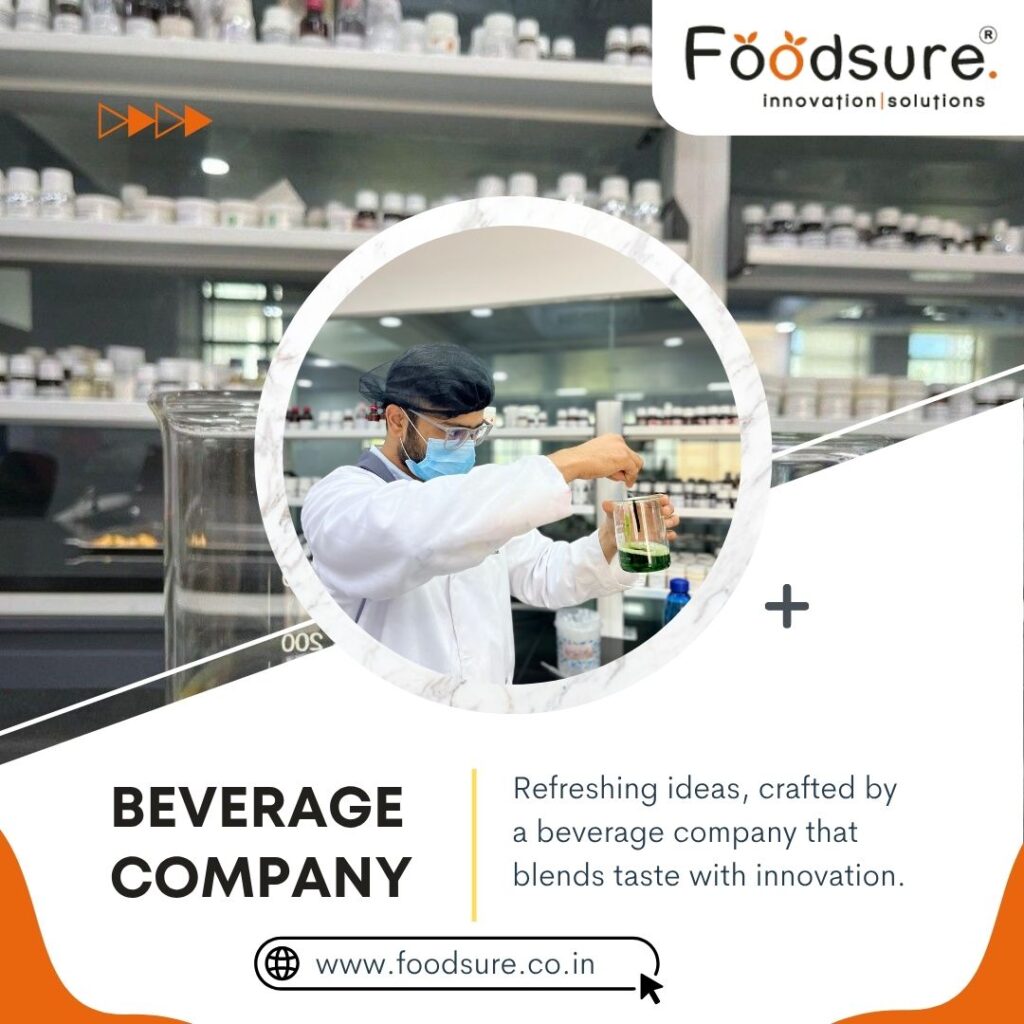Introduction
The beverage industry has transformed rapidly in the last decade, shaping how consumers experience refreshment, wellness, and indulgence. Today’s beverage companies are not just about quenching thirst — they’re about creating experiences, emotions, and lifestyles. From sparkling drinks to cold brews and plant-based blends, every successful beverage brand thrives on creativity, innovation, and strong consumer connection.
In this article, we’ll explore what makes a modern beverage company successful, the latest trends driving the industry, and how new brands can make their mark in this competitive market.
1. The Evolution of Beverage Companies
Beverage companies have come a long way from traditional soft drinks and carbonated beverages. With shifting consumer preferences and health-conscious lifestyles, today’s beverage market focuses on natural ingredients, functional benefits, and sustainability.
Early beverage businesses relied heavily on mass marketing and uniform flavors. Now, personalization, local sourcing, and eco-friendly packaging define brand identity. Whether it’s a startup crafting organic smoothies or a global beverage company launching sugar-free alternatives — evolution is constant and necessary.
2. Innovation: The Core Ingredient of Success
The heart of every thriving beverage company lies in innovation. In a market where consumer tastes evolve quickly, the ability to create new flavors, adapt formulas, and embrace modern packaging is what sets brands apart.
- Functional Beverages: Products infused with vitamins, adaptogens, or probiotics are in demand. These beverages don’t just taste good; they promote health and wellness.
- Sustainability in Focus: Eco-conscious consumers prefer brands using biodegradable packaging and ethical sourcing. Beverage companies adopting these practices build trust and long-term loyalty.
- Technology Integration: From AI-driven flavor testing to blockchain-based supply chain transparency, technology plays a major role in optimizing operations and ensuring quality.
Innovation doesn’t always mean inventing something entirely new — it can also mean improving an existing idea to match consumer needs.
3. Understanding Consumer Behavior in the Beverage Market
The modern beverage consumer is informed, curious, and brand-conscious. They read labels, research ingredients, and value authenticity. Therefore, understanding consumer psychology is essential for beverage companies.
Some of the major shifts include:
- Health-Focused Choices: Reduced sugar, plant-based ingredients, and functional benefits are key purchase drivers.
- Premium Experiences: Consumers are willing to pay more for artisanal, small-batch, or specialty beverages that offer uniqueness.
- Transparency & Trust: Brands that share their sourcing, process, and purpose win consumer confidence faster.
Beverage companies that align their offerings with these values naturally attract a more loyal audience.
4. Branding: The Secret Weapon of Top Beverage Companies
A successful beverage company isn’t built on products alone — it’s built on brand identity. Strong branding helps create emotional connections and stand out in crowded shelves.
Effective beverage branding involves:
- Authentic Storytelling: Sharing how and why the brand was created builds emotional attachment.
- Visual Appeal: Attractive bottle designs, color palettes, and packaging directly influence buying decisions.
- Digital Presence: Social media marketing and influencer collaborations give beverage companies the visibility they need to connect with younger audiences.
In short, a beverage brand should not only look appealing but also represent a lifestyle that resonates with consumers.
5. Challenges Faced by Beverage Companies
While the beverage industry offers enormous potential, it’s not without challenges. Beverage companies often deal with:
- Intense market competition from global and local players.
- Stringent food and safety regulations.
- Supply chain fluctuations and ingredient sourcing issues.
- The constant need for product differentiation.
However, companies that respond with agility, innovation, and data-driven strategies can easily turn these challenges into opportunities.
6. The Role of Contract Manufacturing in Beverage Growth
Many successful beverage brands today partner with contract manufacturers to produce and scale their products efficiently. This allows them to focus on marketing and product development while experts handle the formulation, packaging, and logistics.
Contract manufacturing ensures:
- High-quality consistency.
- Cost-effective production.
- Faster market entry.
It’s an essential strategy, especially for startups and emerging beverage brands looking to grow rapidly without heavy infrastructure investments.
7. Future Trends in the Beverage Industry
The future of beverage companies looks promising, driven by consumer demand for innovation, transparency, and health benefits. Some upcoming trends include:
- Plant-Based Beverages: Growing awareness about vegan and dairy-free options.
- Sustainable Production: Focus on carbon-neutral manufacturing and recycled packaging.
- Personalized Nutrition Drinks: Customized blends tailored to individual health goals.
- Functional Hydration: Beverages enriched with electrolytes, collagen, and herbal extracts.
The beverage companies that adapt early to these trends will lead the next wave of industry transformation.
Conclusion
The beverage industry is no longer just about satisfying thirst — it’s about crafting experiences that inspire, energize, and nurture. A successful beverage company understands that every bottle represents a promise: freshness, flavor, and value.
By embracing innovation, building authentic brands, and listening closely to consumer needs, beverage companies can achieve long-term success in this competitive yet rewarding market.
Whether you’re launching a new beverage brand or expanding an existing one, remember — your drink should tell a story, deliver value, and leave a lasting impression with every sip.
